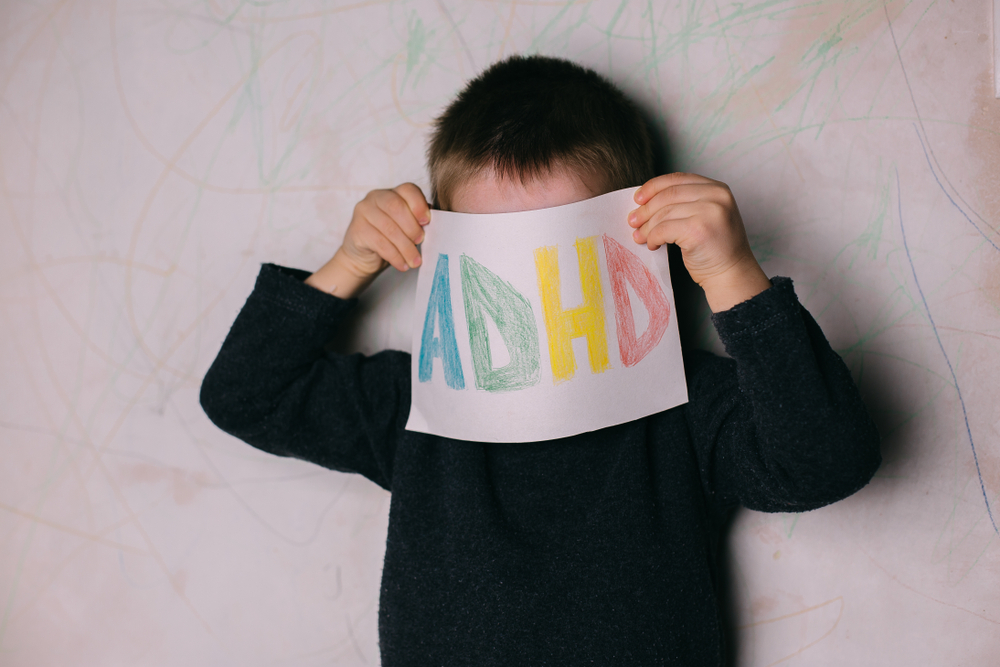If you or if someone you know has a child with ADHD (attention-deficit hyperactivity disorder), one of the best things you can do for the child is to understand how your actions may impact their symptoms. Understanding how to work with them and set them up for success is also just as important.
The Mayo Clinic defines ADHD as a chronic condition that affects millions of children and can continue into adulthood. It includes a variation of persistent problems, such as difficulty holding attention, impulsive behaviors, and hyperactivity.
ADHD Symptoms
Two of the most common signs and symptoms of ADHD include hyperactive behavior and the inability to hold attention, but symptoms can go beyond that. Those symptoms can include:
- Struggling with paying attention to details
- Having trouble following through to finish chores or schoolwork
- Losing items needed for school or specific toys
- Becoming easily distracted
- Forgetting to do chores or other daily activities
- Having trouble sitting still or fidgeting with whatever is in front of them
- Interrupting conversations or having difficulty waiting for their turn
- Having trouble doing an activity quietly or playing on their own
How to Parent a Child with ADHD
While there are various therapy techniques and possible medications that can help a child with ADHD, the parent or guardian must know how to properly work with their child. One of the best ways to do that is to create a consistent environment for your child and advocate for them. Here are some additional tips for parenting a child with ADHD:
Develop routines
It’s important to create simple routines for your child that contain achievable tasks. As the child starts to repeat their schedule, it will help build their confidence in their skills to complete the task at hand. This can include having a specific bedtime routine such as organizing their clothes for the morning and brushing their teeth. Simple routines will help your child focus and complete a task without getting frustrated.
Use Charts or Task Lists
Having ways to keep track of tasks that need to be completed or have been completed can be helpful. This may include having a to-do list, dedicated spaces for play and schoolwork, or setting alarms for specific events such as leaving for school or getting ready for bed. Creating these organizational tools can make a big difference for your child, both in the short-term and long-term.
Work with Their School
If a child is struggling with ADHD symptoms at home, chances are they’re also struggling in school. While some schools and teachers will be proactive, the parent or guardian needs to check in to see how their child is doing. If your child is struggling, advocate for them to work with you to create an individualized education plan (IEP) or a 504 plan to help your child succeed.
Active Play
A lot of children with ADHD struggle to sit still and concentrate due to excess energy. One way to help use up some of that extra energy is for them to be physically active. This can include playing sports or trying a new activity that they can do indoors.
Limit Screen Time
As much as children like to be on their computers, tablets, phones, or watch TV, studies have shown that increased screen time can also increase inattentiveness in children. This is especially true for children with ADHD. If they have an activity that they enjoy doing on a tablet try to find a physical version that they can do instead. This could include playing with Legos, building puzzles, solving math problems, or reading a physical book instead of an e-book.
Begin Working With an ADD/ADHD Therapist in Phoenix, Scottsdale, And Online in Arizona
If you’re a parent of a child with ADHD, it’s important to remember to give yourself credit for doing what’s best for your child. Being consistent and positive is key. What you’re doing requires resilience and strength and you’re helping set your child up for success. Our Relationship Centers are located throughout the valley with counseling centers located in Phoenix, Anthem, Scottsdale and throughout all of Arizona with online counseling. You can get help for your child by following these steps:
- Contact Crossroads Counseling for a complimentary 20-minute phone consult
- Meet with an ADHD therapist
- Start helping your child
Feel free to learn more about our practice by visiting our about page, FAQ, and blog, or read more about our staff members to start finding your best therapeutic fit! or, call us at 623-680-3486, text 623-688-5115, or email info@crossroadsfcc.com for more information!
Also, please check our family, child, and teen counseling video below…
